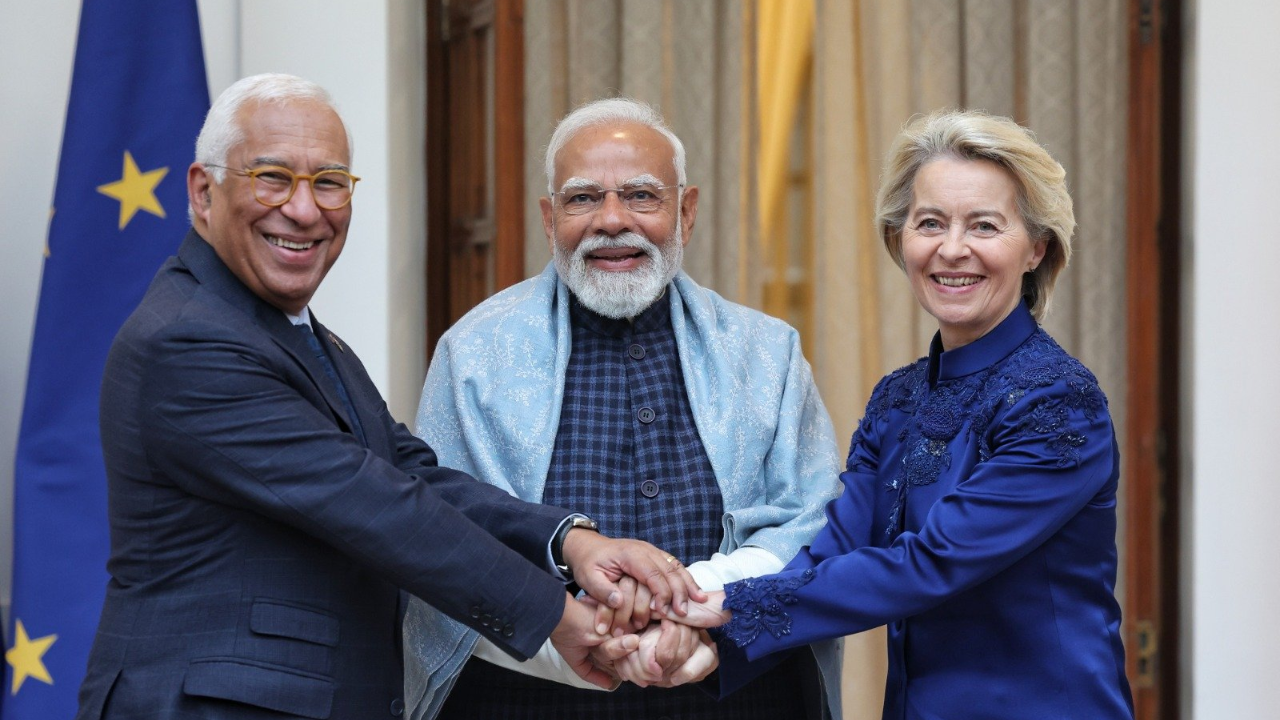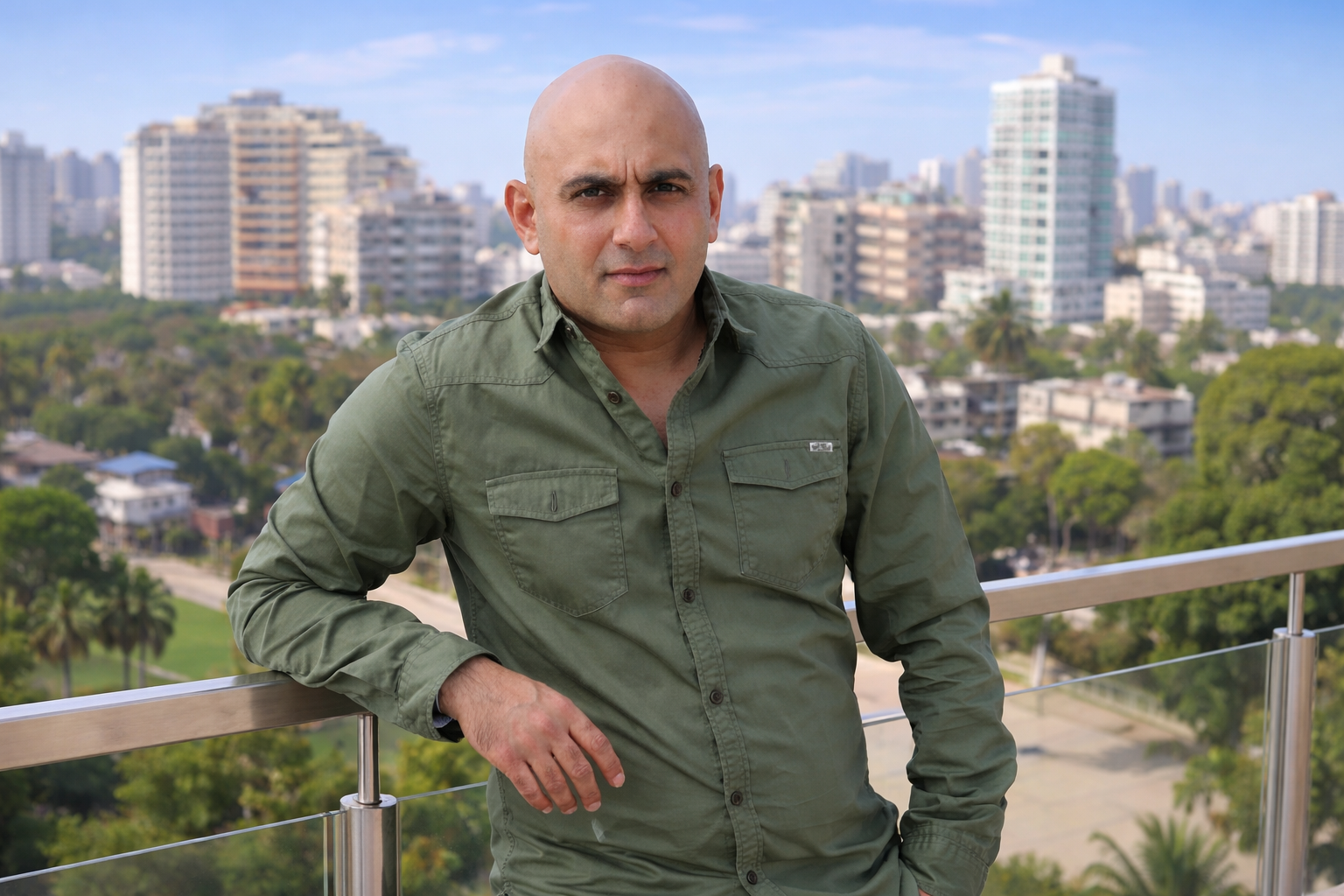Donovan Sung, director of product management and marketing, Xiaomi Global, was in India earlier in December. In conversation with Campaign India, he outlined that while in China its portfolio consists of mobile phones, air purifiers, televisions, VR devices, drones and more, in India, Xiaomi added an air purifier to its phones and accessories range this September.
Sung explained, "While phones would be the flagship, there are other product categories the company wants to enter. We have a company model called ‘Innovation for everyone’. And we actually mean everyone. I’d say Xiaomi is a technology company. Our range in China includes products like air purifiers, water purifiers, TVs and more. We have an interesting ecosystem approach where we invest in a lot of different companies. These companies then help us make interesting products, often under the Mi brand."
He added, “In terms of India, the air purifier is an interesting product. It’s our first major hardware product launched (in India) that wasn’t a phone. It’s a portable ecosystem product. We launched in September, around (the time) when pollution is at its worst in India. We honestly think we can make lives better with technology. An affordable phone, with a good battery is good, but then something that makes the air cleaner, makes life better. India has five, China has quite a few cities in the top 10 most polluted cities in the world. And so we felt it’s a problem we could help address. There’s opportunity for other product segments too and we are open to a lot of them.”
Sung stated that even though air purifiers are currently the need of the hour for India, the challenge is in raising awareness. He elaborated, “The air purifier market isn’t that big here (in India). Many Indians don’t necessarily have a strong idea about air quality. But the honest truth is that people are breathing it, and we think it’s a real need. To a certain degree we are trying to teach the market about air quality and why air purifiers are required. Everyone should be worried about air pollution. In China, five to six years ago there was little awareness about air quality. But now, they check the air quality through multiple apps and decide if they need to wear a mask, or even go out!”
The air purifiers have also been launched in Singapore, citing the Indonesian forest fires which affect air quality of the neighbouring island nation.
“So we’re looking at places to launch our products. We are at the cutting-edge of a lot of different fields, and that helps differentiate us from a lot of companies.Our air purifier and other ecosystem products are all connectable to the internet and can be controlled through apps. I’d say what we are doing is pretty unique the way we are playing in different fields,” claimed Sung.
Experiment with offline retail globally
The phone remains the flagship for the company in India and many other markets. Xiaomi rolled out the Mi3 here in mid-2014.
Xiaomi is present in 20 to 30 markets globally. Formal launches have taken place in Hong Kong, Singapore, Taiwan, Malaysia and India. And the company is open to explore – it is now exploring other markets through the offline space, rather than the online flash sales it is famous for.
Sung explained, “We have recently adopted a new model where we are exploring through offline distributors in a few markets – South Africa, Poland, and Russia. This was initiated in the last couple of months and the response has been pretty heartening. We are trying these markets out, to see the reception Xiaomi products will have.”
Mi Live
The company also rolled out Mi Live, a platform for Indian ‘internet celebrities’ to showcase talent through a live stream. There are 14 such 'celebrities' currently on the platform on contract with Xiaomi.
Audiences can send performers virtual gifts bought using real money, which the performers subsequently monetise. Xiaomi does not take a cut of this currently, but intends to going forward. Also on the anvil is a switch from contracted talent to featuring more live performers.
Sung noted that this is the first app to support VR live streaming in India. As on 19 December 2016, the app had 81,000 installs.




